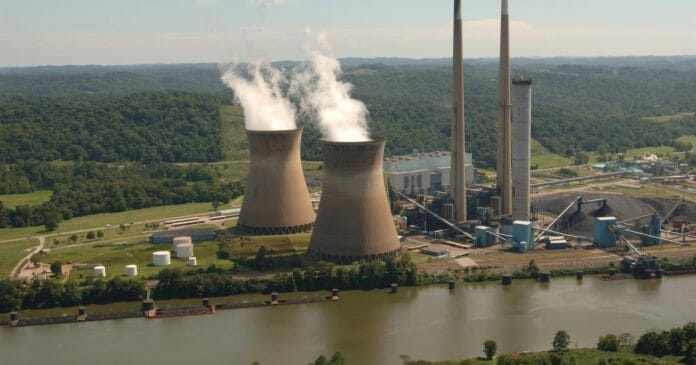Singapore has plans to build a pool of about 100 nuclear energy experts in the medium to long run, said Second Minister for Trade and Industry Tan See Leng on Wednesday (Apr 3). However, no decision has been made on the deployment of nuclear energy and Singapore is unable to commit to a timeline on taking a position regarding it.
Dr Tan was responding to supplementary questions posed by Member of Parliament Gerald Giam (WP-Aljunied) who asked how many scientists are currently at the Singapore Nuclear Research and Safety Initiative, as well as the number of scholarships awarded each year to help build a pipeline of nuclear scientists and expertise
Mr Giam also asked if the government is building up the necessary regulatory policy frameworks that will be needed to oversee potential nuclear energy programmes such as nuclear fission and nuclear fusion.
To this, Dr Tan said the government supports efforts to train scientists and experts in local and overseas universities.
Over the last decade, the Singapore Nuclear Research and Safety Initiative at the National University of Singapore (NUS) has awarded 30 scholarships for postgraduate studies in areas related to nuclear science and engineering. It has also developed a pipeline of around 40 researchers specialising in radiobiology, radiochemistry and nuclear safety.
“We aim to build up a pool of about 100 experts in the medium to long run,” Dr Tan said.
On nuclear fusion, the minister acknowledged that there is “a lot of excitement” in the fusion space. “To date, on a sustainable basis, the net energy input needed to create that nuclear fusion reaction far exceeds the output of the energy that we can harness,” he added.
The closest system many countries have developed is based on tokamak, which is an experimental device to create a nuclear fusion reaction. This in turn produces energy to heat water and produce steam that drives turbines to generate electricity.
But the technology is still in the development stage and the actual project has not come to fruition yet, said Dr Tan. He added that researchers from Singapore also have been sent to the United States to study how the technology will evolve.
“For nuclear fusion, to answer the question, I think it’s still quite nascent, and we are probably at least a decade away.”
Nonetheless, the government is watching the space very closely and “nothing is off the table”, added Dr Tan.
“We continue to keep our options open to all kinds of low carbon energy, including, of course, nuclear energy, both fission and fusion.”
CNA









